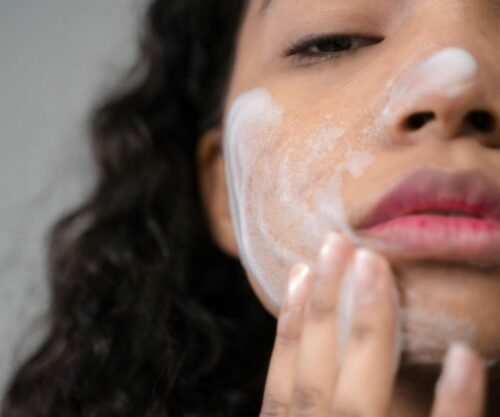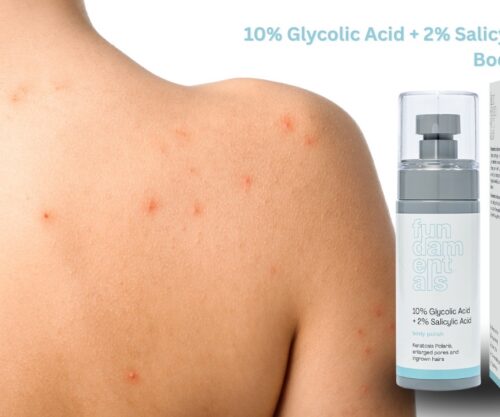
Women who have battled against acne more than often have the scarring to remind them of it. There are many methods to help alleviate the scarring, but none as efficient as chemical peels. Here’s what you need to know about getting a chemical peel.
By Grace Mantjiu
Aesthetic and Cosmetic Dentist at Bryanston Cosmetic and Dental Emporium, Dr Carmen Wilsenach says that chemical facial peels are non-evasive and gentle way of removing the damaged outer layers of the skin however it is vital to know exactly what you are getting yourself into before doing one.
SEE ALSO: 5 highly rated foundations for oily skin
What is a chemical peel?
A chemical peel is a treatment in which an acid solution is used to remove the damaged outer layers of the skin. In performing chemical peels, physicians apply alpha hydroxy acids (AHA), beta hydroxy acids (BHA), Trichloroacetic acid (TCA), or phenol to the skin.
Are there risks associated with chemical peels?
Chemical peels rarely result in serious complications, but certain risks do exist. These risks include scarring, infection, swelling, changes in skin tone, and cold sore outbreaks. You can reduce the risks associated with facial peels by following all instructions completely and by providing your complete medical history.
SEE ALSO: 3 types of skin peels to try
Do’s
- Consult a professional for a gentle and effective chemical peel that is right for your skin type
- Very important that the skin care professional is informed of all medications you currently are taking or have taken within the last 6 months
- Remember to always use daily protection on your skin such as sunscreen or ,moisturiser with a SPF
- Be Gentle, treat your skin with care and don’t be too harsh as your skin is already fragile. Do not exfoliate or use a skin-cleansing device
- Book a series of treatments with your skin care professional for the best results
- Most importantly, wait for skin to peel off on its own
Don’ts
- Don’t try to do a chemical peel treatment yourself, research a skin care professional
- Don’t overexpose your skin to the sun
- Don’t use wax 1 week before and up to 1 week after treatments – stay away from any hair removal products
- Don’t touch your skin by picking off any skin that may be peeling
- Don’t sweat, so avoid any strenuous exercise until peeling is complete




